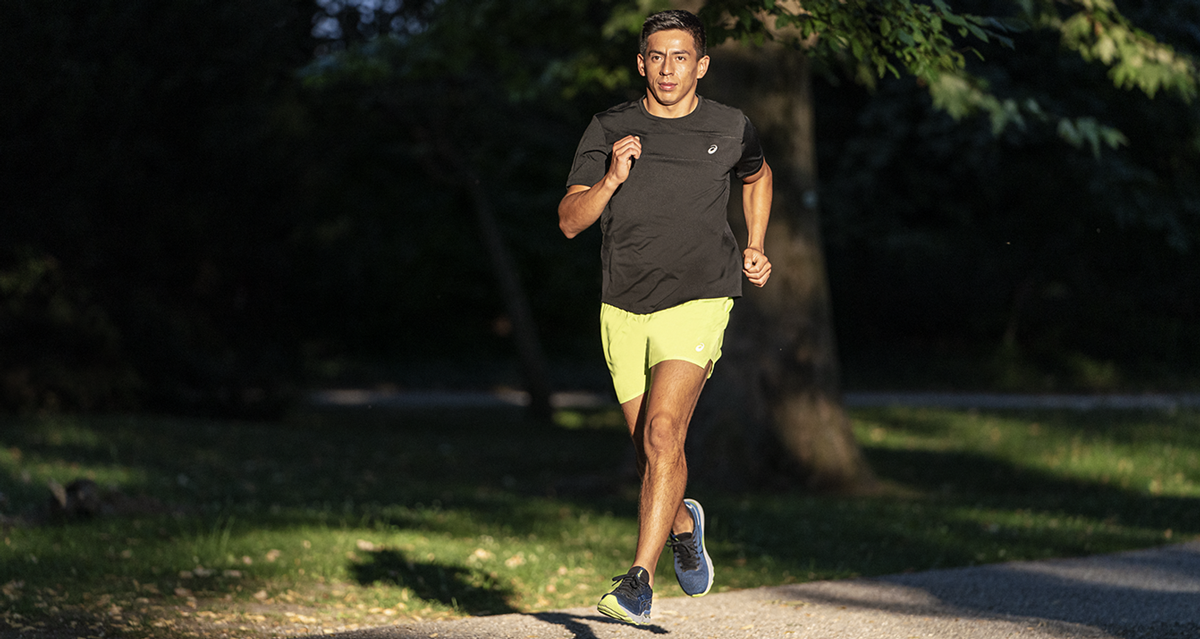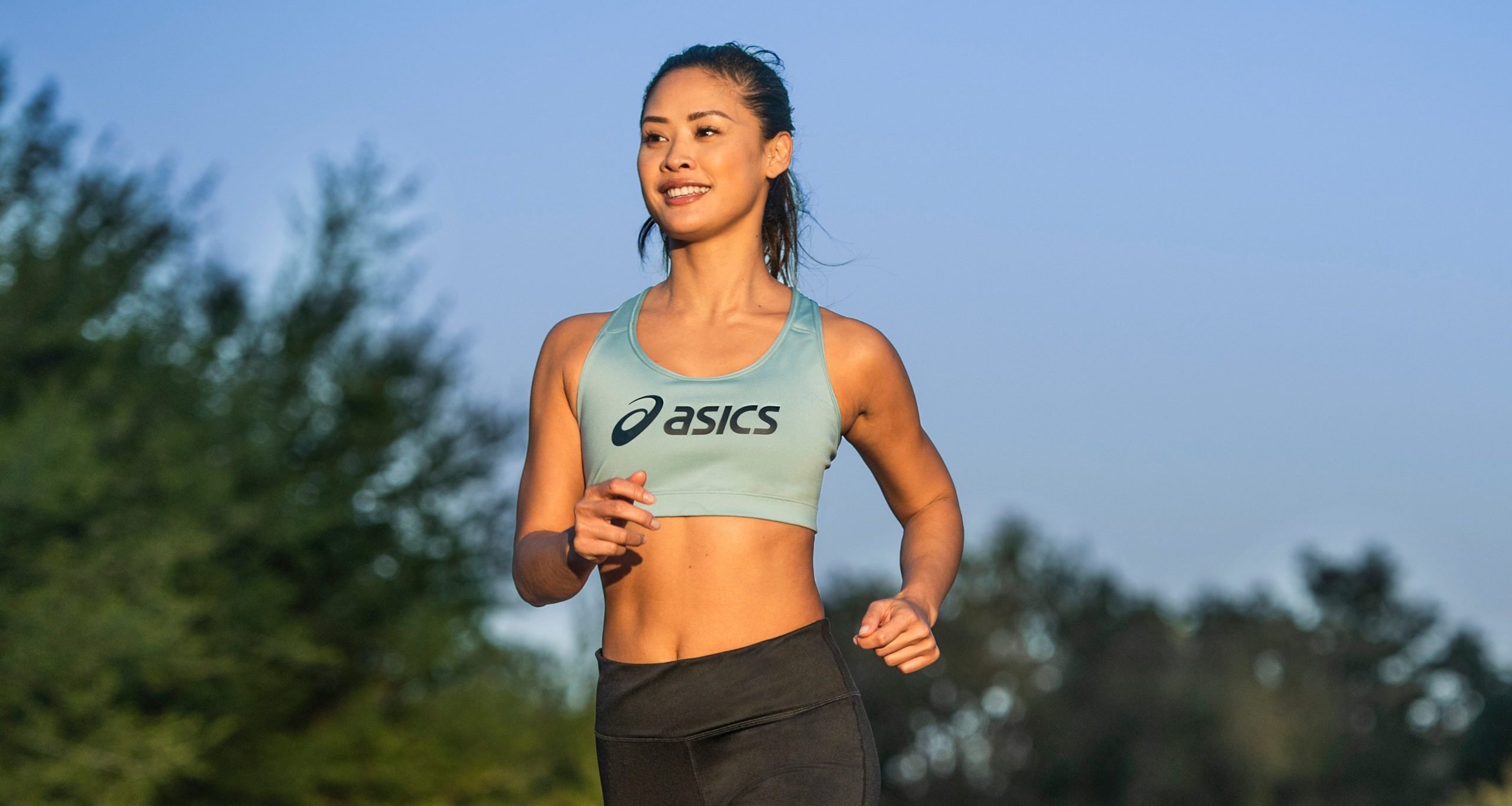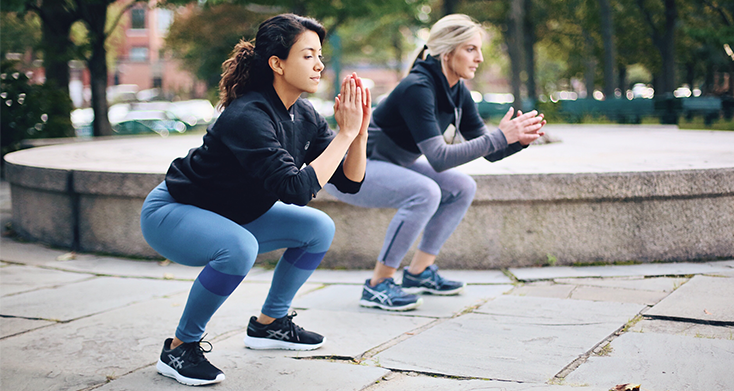Running burns calories, which means you are hungrier throughout the day. Most runners find themselves getting hungry between meals. Snacks fill the gap between meals to keep you satiated and energized. Need some ideas for quick and easy snacks for runners? Keep reading!
Why snacks are important for runners
The more you run, the more food you need to eat to provide your body with adequate energy. Running can burn hundreds of calories in a single workout, and that deficit needs to be accounted for. Without enough calories, you won’t have the energy to support your running. You will likely feel very fatigued during runs, and your risk of injury may increase. It’s a surefire way to burn out.
Research shows that it’s not just total daily calories that matter—the distribution of energy throughout the day is important. For example, if you eat minimally all day and then have an enormous dinner, you’ll feel more fatigue than if you spread the calories out equally. The distribution of caloric intake throughout the day is called “within-day energy availability.” Resting metabolic rate tends to be lower with large windows of low energy availability. Athletic performance may suffer also. You can optimize your within-day energy availability by eating every 3–4 hours when awake. To achieve this, many people need one to three snacks per day.
Finally, snacks can help you optimize your training adaptations. After a workout, your body needs protein to synthesize muscle repair and growth and carbohydrates to replenish glycogen stores. It’s best to eat something within an hour—whether that’s a full meal or a snack to hold you over until mealtime.
How to create the ideal snack
The optimal snack contains three macronutrients: carbohydrates, fat and protein. Most whole foods will naturally include a combination of these, or you can combine certain foods to provide all three.
- Carbohydrates provide basic energy and help replenish muscle glycogen. If possible, these carbohydrates should contain some fiber, which increases satiety and promotes digestive health.
- Protein promotes muscle repair and satiety. The optimal protein intake is 20–30 grams every 3–4 hours, so aim to have protein as part of your snack.
- Fat is essential for absorbing certain vitamins, and also promotes feelings of satisfaction and fullness.
The ideal snack is also easy to prepare, especially if you are eating on the go. Stocking your pantry with ready-to-go, nutritious snacks will help you stay consistent with healthy choices when hunger hits. It requires a little bit of planning, but it will make it easier to keep your body fueled.
The size of the snack should be scaled for your energy needs. If you are in a high training load (such as marathon training), you will need to eat more. In order to eat more, your snack will likely be larger than usual (as will your meals). If you are running less or focused on weight loss, your snack will likely be a smaller portion.
When you need a quick snack, something is better than nothing. There is no shame in grabbing an energy bar or other packaged snack when in a pinch.
Our favorite snacks for runners:
- Greek yogurt or cottage cheese with fruit (and granola if desired)
- Cut vegetables and pita chips with hummus
- Cheese stick, vegetables, and pretzels or multi-grain crackers
- Banana or apple with peanut butter
- Toast with peanut butter, hummus, or avocado
- A handful of nuts and fruit (dried or fresh)
- A whole grain muffin plus a cheese stick or yogurt
- A smoothie with spinach, fruit, and milk or yogurt
- Canned tuna with multi-grain crackers or in a whole grain tortilla
- A fruit and nut bar plus yogurt
- Hard-boiled eggs with crackers, pretzels, and/or vegetables
Any snack should be tailored to your needs and preferences. If you have a dairy or wheat allergy, avoid anything that Of course, any snack should be tailored to your needs and preferences. None of the above-listed snacks are superior to the other—what matters most is whether it nourishes you and you enjoy it.
Pre-workout snacks
When snacking before a workout, there are slightly different factors to consider. Ideal pre-workout snacks have a different macronutrient composition than other snacks. Before a run, you want primarily simple carbohydrates to provide ample energy for your run. Both fat and fiber slow down digestion. Too much of either increases the risk of stomach cramps, heartburn, or runner’s trots during a run. A pre-run snack should be easy to digest and relatively light on the stomach.
Pre-run snacks include:
- Two graham cracker sheets
- Slice of toast with honey or jam
- Sports drink
- Banana
- Dried apricots or raisins
- Boiled, salted red potato
- Applesauce or fruit pouch
Happy training!
Please note: This blog is not intended to be a substitute for professional medical advice, diagnosis, or treatment. Always seek the advice of your physician or other qualified health provider with any questions you may have regarding a medical condition.




